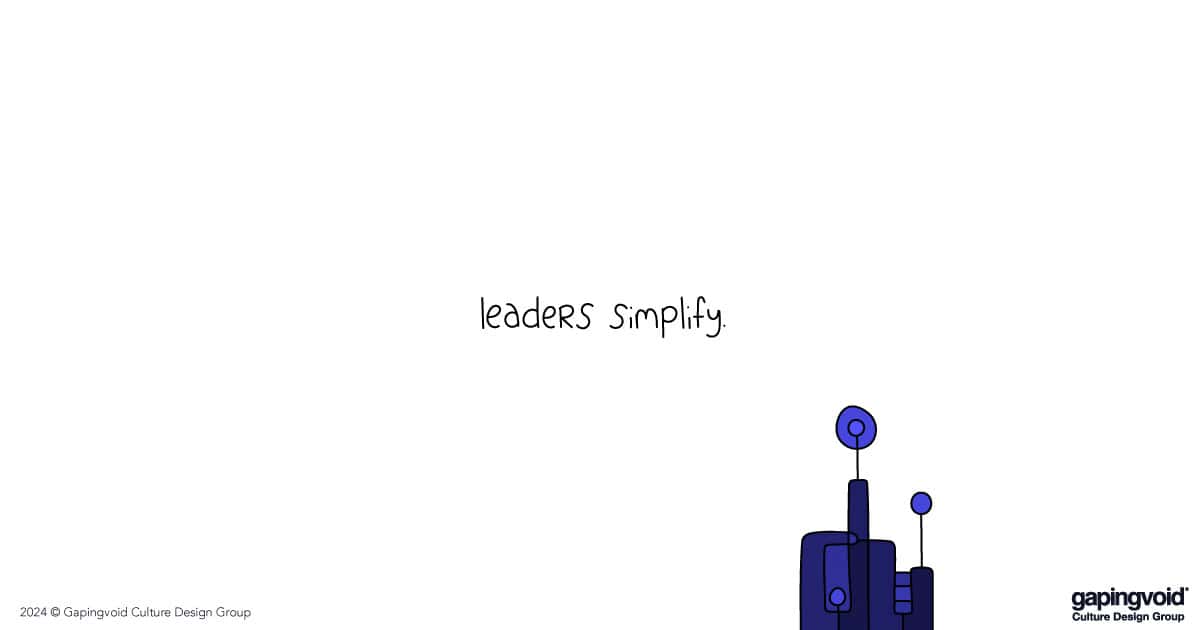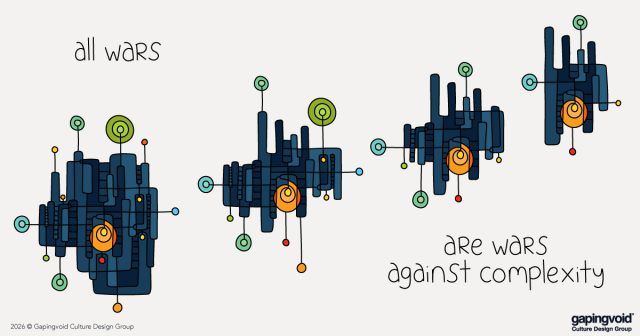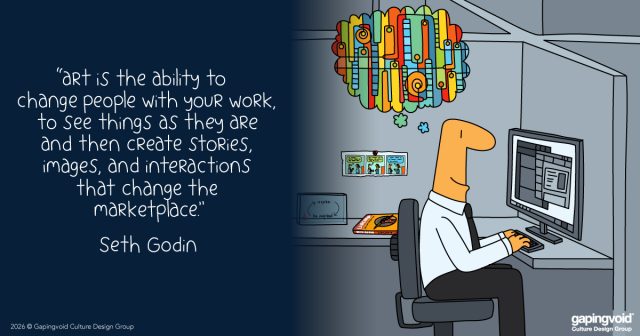
There is a common phenomenon among people starting their own business to overplan. People will spend months crafting the perfect integrated marketing strategy, designing the perfect slide deck, or searching for the perfect premises, when in fact what they REALLY need far more than all that is actual paying customers.
But that would be too simple, right?
Most of us have at one point or another trained ourselves to distrust simplicity… to fear it, even. We convince ourselves that if it sounds too simple, it mustn’t be clever enough to work.
Yet check out this lovely company turnaround story in The WSJ, about how the former soccer-player-turned-CEO, Bjørn Gulden quickly turned around the fortunes of the German shoe & sporting goods company, Adidas, after roughly a decade of doing the same over at Puma.
As the story goes, he didn’t have some complex 20 point plan, rather he made a series of common sense tweaks to improve the culture, raise company morale, increase transparency, reduce red tape and cut the number of steps in the decision making process.
Great stuff that any average freshman Business Undergraduate could understand:
- To improve communication up and down the company, he gave all 60,000 Adidas employees his personal phone number, asking for genuine feedback. At one point he was getting over 200 phone calls from them a week.
- He trimmed the fat by making department heads work directly under him, removing the unnecessary bodies in between.
- He scrapped an over complicated employee evaluation system with pointless KPI’s, which had created a stagnant culture of ticking boxes, as opposed to actually getting stuff done.
- He reversed an earlier decision to stop producing for niche sports like Rugby or Cricket, but chase after more opportunities wherever he found them.
- And perhaps most important of all, he created a company-wide culture that values personal relationships above all else.
The results speak for themselves. In 2022 when Gulden took over, Adidas had lost $794 million. This year it’s on track to be profitable.
It seems to us that Gulden’s style of management is similar to that of a really good Los Angeles taco stand. It doesn’t have to be fancy, it just has to be done right.
It’s like reading Ernest Hemingway. It’s what he *left out* that makes it interesting.



